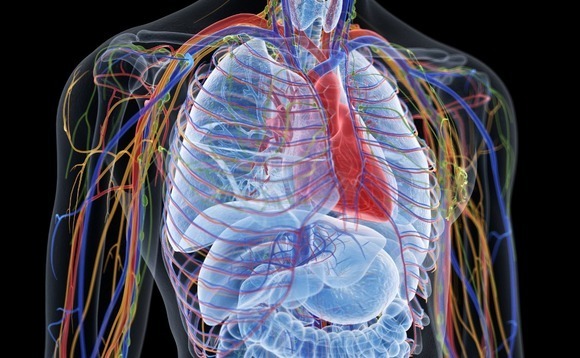
Japan's Heartseed raises $14m Series D

Heartseed, a Tokyo-based biotech start-up specializing in treatments that use cardiac muscle cells to initiate the remuscularization of patients who have suffered heart failure, has raised JPY 2bn (USD 14.3m) in Series D funding.
New investors in the round included a co-investment fund managed by Sumitomo Mitsui Trust Investment, the corporate VC arm of Koei Tecmo Holdings, a Southeast Asia fund managed by hedge fund Arcus Investment, a technology fund established by Nikon Corporation and SBI Investment, and Atsushi Sakano, a partner at Hong Kong-based hedge fund Aspex Management.
There were also re-ups from the likes of SMBC Venture Capital, the University of Tokyo's UTokyo Innovation Platform, Keio University's Keio Innovation Initiative, Medical Incubator Japan, and a separate Sumitomo Mitsui-managed co-investment fund.
Heartseed has now raised JPY 10.2bn since it was founded in 2015. The company's Series C closed on JPY 4bn in June 2021 with UTokyo Innovation Platform taking the lead. Two months later, CFO Mutsuki Takano told Mergermarket, AVCJ's sister title, that the goal was to go public within a few years.
Heartseed was established to commercialise research into cardiac remuscularization therapy led by Keiichi Fukuda at Keio University. Fukuda, who continues to serve as the company's CEO, is acknowledged as a pioneer in cardiac regeneration, having demonstrated that cardiomyocytes could be generated from bone marrow stromal cells in 1995.
Cardiomyocytes are muscle cells found in the myocardium, which forms the bulk of the heart. Induced pluripotent stem cells (iPSCs) are generated directly from a somatic cell and produce a large amount of ventricular-type cardiomyocytes. When cardiomyocytes are engrafted in the myocardium, they drive remuscularization – or the improvement of cardiac function in patients with heart failure.
Heartseed has proprietary technologies covering iPSC production through cardiomyocyte development and cell delivery. Its key pipeline treatment, HS-001, involves transplanting ventricular cardiomyocytes – in the form of micro-tissue-like spheroids – to the myocardium using a special needle. The Series D proceeds will be used to complete phase-one and phase-two clinical trials for HS-001.
In 2021, Heartseed announced the global collaboration and licensing agreement with Denmark-based Novo Nordisk that could see it receive up to USD 598m. This included USD 55m in upfront and near-term milestone payments. The Series D will also support the exploration of less invasive administration of HS-001 such as transendocardial injection using a catheter.
"Heartseed achieved the first human dosing of HS-001 in December 2022, and initial safety and early signs of efficacy are being confirmed," Fukuda, said in a statement.
"The commitment from both new and existing investors in this round is a strong validation of our technology and strategic vision. With their support, we look forward to accelerating our development to deliver potentially curative therapy for heart failure across the globe."
Latest News
Asian GPs slow implementation of ESG policies - survey
Asia-based private equity firms are assigning more dedicated resources to environment, social, and governance (ESG) programmes, but policy changes have slowed in the past 12 months, in part due to concerns raised internally and by LPs, according to a...
Singapore fintech start-up LXA gets $10m seed round
New Enterprise Associates (NEA) has led a USD 10m seed round for Singapore’s LXA, a financial technology start-up launched by a former Asia senior executive at The Blackstone Group.
India's InCred announces $60m round, claims unicorn status
Indian non-bank lender InCred Financial Services said it has received INR 5bn (USD 60m) at a valuation of at least USD 1bn from unnamed investors including “a global private equity fund.”
Insight leads $50m round for Australia's Roller
Insight Partners has led a USD 50m round for Australia’s Roller, a venue management software provider specializing in family fun parks.








